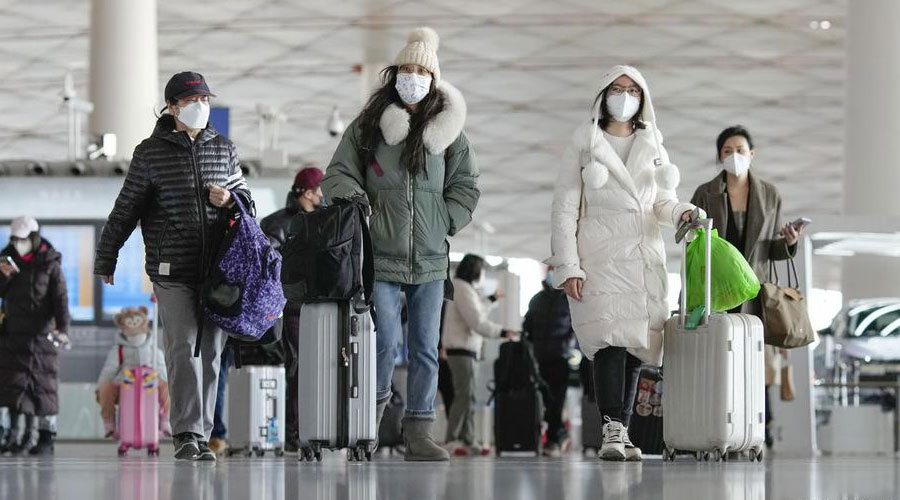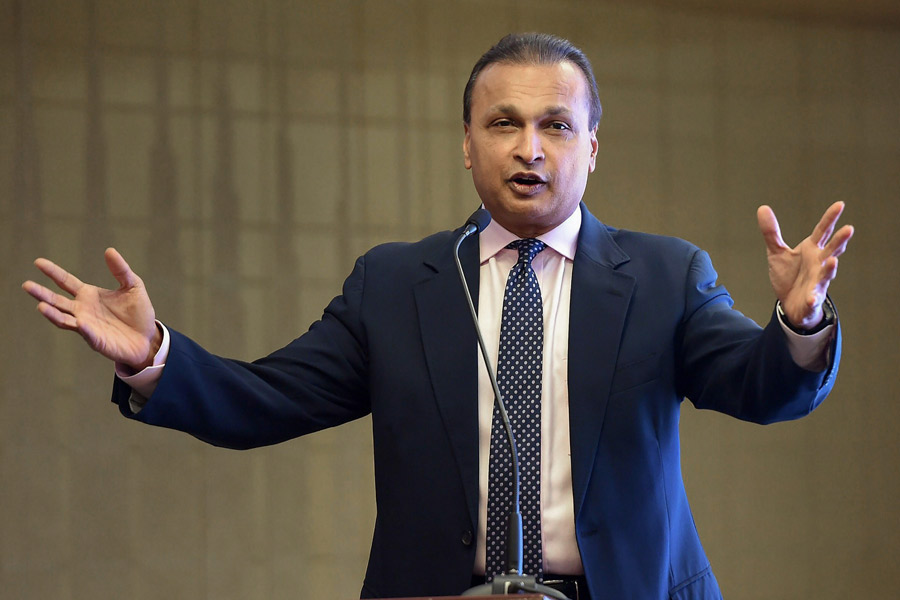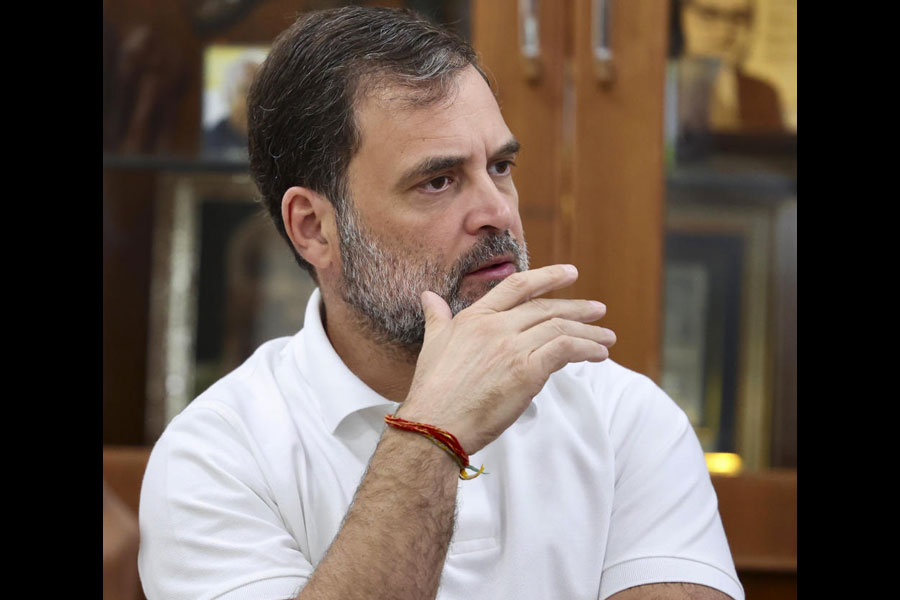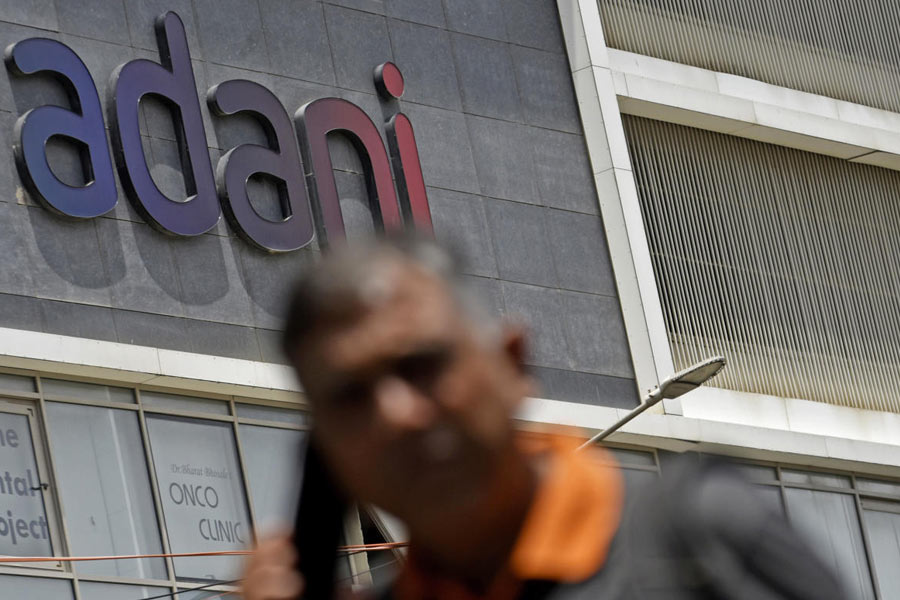China on Monday rejected a new US report that claims the Covid-19 virus may have leaked from a bio laboratory in Wuhan, saying the origins-tracing of the pandemic "is about science and should not be politicised." Foreign Ministry spokesperson Mao Ning said the international experts have considered the theory that the pandemic might have leaked from a Chinese laboratory as "extremely unlikely".
She said it is a science-based, authoritative conclusion reached by the experts of the WHO-China joint mission after field trips to the lab in Wuhan and in-depth communication with researchers.
Mao's remarks came in response to the US Department of Energy's (USDE) latest assessment that the coronavirus mostly likely leaked from a bio laboratory in Wuhan.
“It was accurately recorded in the mission’s report and has received extensive recognition from the international community,” she said.
"The origins-tracing of SARS-CoV-2 is about science and should not be politicised. China has always supported and participated in global science-based origins-tracing,” Mao said.
The USDE has assessed in the intelligence report that it had “low confidence” that the Covid-19 virus accidentally escaped from a lab in Wuhan, CNN reported on Sunday.
A low confidence assessment generally means that the information obtained is not reliable enough or is too fragmented to make a more definitive analytic judgment or that there is not enough information available to draw a more robust conclusion, it said.
The Huanan market in central China's Wuhan city was the epicentre of the pandemic. From its origin there, the SARS-CoV-2 virus rapidly spread to other locations in Wuhan in late 2019 and then to the rest of the world, killing nearly seven million people.
A WHO team of experts who visited Wuhan in 2021 amid the raging controversy over the lab-leak theory, which China vehemently denied, stated in its report that the leak from the Wuhan bio lab was the “least likely hypothesis”.
But WHO Director-General Dr. Tedros Adhanom Ghebreyesus, who received the report, said the Wuhan lab leak allegation required further probe.
"As far as the WHO is concerned, all hypotheses remain on the table," Ghebreyesus said.
Over two years since Covid-19 was first detected in Wuhan, the question of how the virus first emerged remains a mystery.
It is suspected that the coronavirus may have escaped, accidentally or otherwise, from a laboratory in the central Chinese city of Wuhan where the virus was first recorded.
The Wuhan Institute of Virology (WIV) has been studying coronaviruses in bats for over a decade.
The USDE assessment further adds to the divide in the US government over whether the Covid-19 pandemic began in China in 2019 as the result of a lab leak or whether it emerged naturally.
The various intelligence agencies have been split on the matter for years.
In 2021, the intelligence community declassified a report that showed four agencies in the intelligence community had assessed with low confidence that the virus likely jumped from animals to humans naturally in the wild, while one assessed with moderate confidence that the pandemic was the result of a laboratory accident, the CNN report said.
A USDE spokesperson in a statement to CNN said, “the Department of Energy continues to support the thorough, careful, and objective work of our intelligence professionals in investigating the origins of COVID-19, as the President directed.” The Department of Energy’s Office of Intelligence and Counterintelligence is one of the 18 government agencies that make up the intelligence community, which is under the umbrella of the Office of the Director of National Intelligence.
The Office of the Director of National Intelligence declined to comment.
The controversial lab-leak theory first emerged early on in the pandemic and was promoted by then-US President Donald Trump.
China has rejected the claim that the virus may have escaped from a laboratory, calling it a smear, and has suggested the coronavirus may have entered the country in food shipments from another country.
Given the massive human toll of the pandemic, most scientists think understanding how and where the virus originated is crucial to prevent it from happening again.
Except for the headline, this story has not been edited by The Telegraph Online staff and has been published from a syndicated feed.










